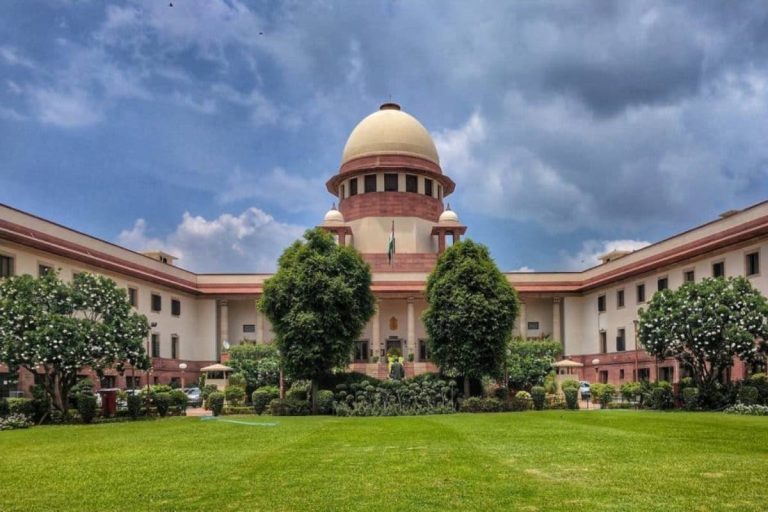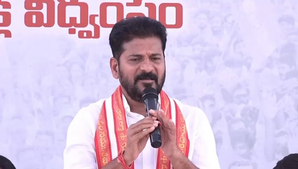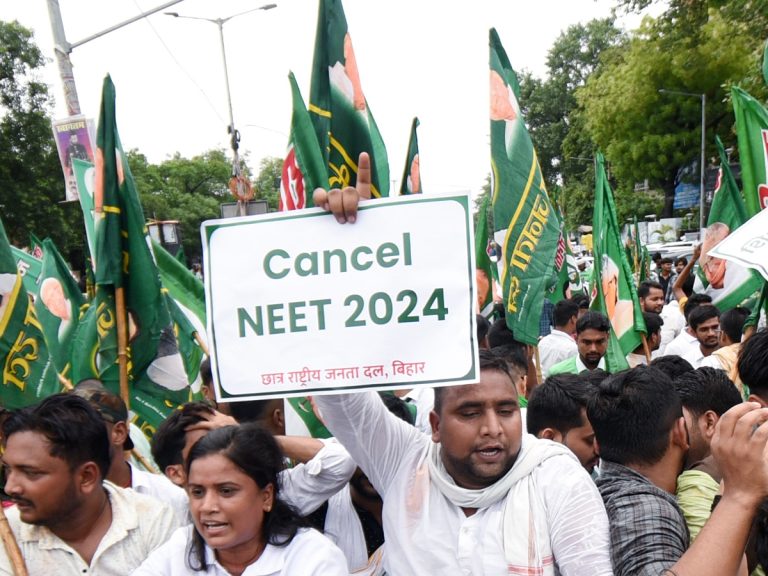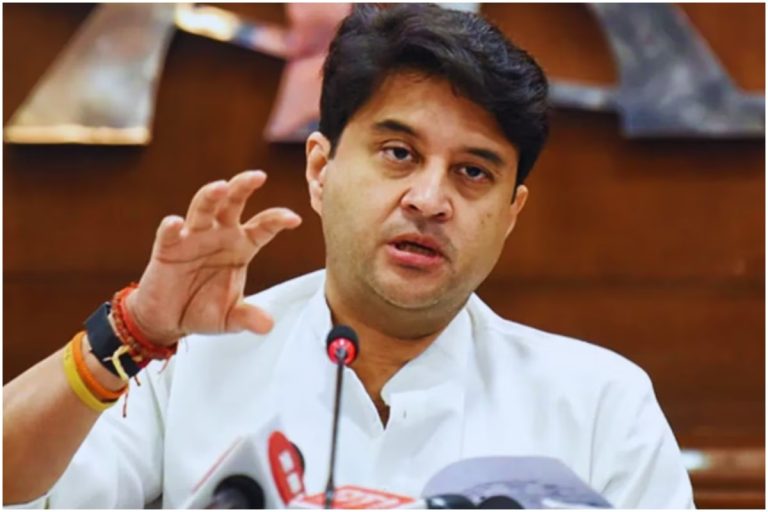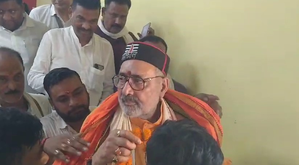SC poses tough questions to ED on providing documents to accused for bail
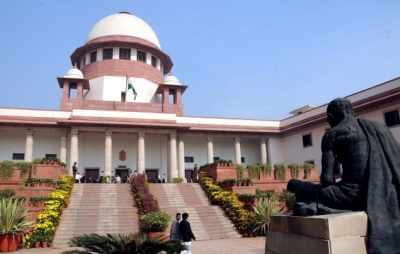
New Delhi, Sep 4 (IANS) The Supreme Court on Wednesday put tough questions to the Enforcement Directorate (ED) over its submission that an accused cannot seek each and every document seized by the central agency in the course of the investigation, at a pre-trial stage.
A bench, headed by Justice Abhay S. Oka, queried Additional Solicitor General S.V. Raju, representing the ED, if an accused booked under the Prevention of Money Laundering Act (PMLA) can seek such a document for seeking bail before the trial has commenced.
As ASG Raju said that an accused cannot seek any document unless it is demonstrated “necessary” and “desirable”, adding that the supply of every document may vitiate the investigation, the Bench, also comprising Justices Ahsanuddin Amanullah and Augustine George Masih, said: “How will he (accused) come to know about which document is necessary and desirable?”
The federal anti-money laundering agency said that the documents not relied upon can be inspected at the time of trial. Further, it said that the accused may seek a “specific document” but cannot ask for “many documents”.
However, the apex court observed that the accused has a right to produce documents for the purpose of bail or quashing of the case, as it reserved its verdict on the issue if an accused may be denied the document solely on a technical ground.
Meanwhile, the Supreme Court on Wednesday fixed September 18 for hearing a batch of petitions seeking review of the 2022 judgment in the Vijay Madanlal Choudhary case, which had upheld the ED’s powers related to arrest, searches, seizures, and attachment of property, under the PMLA.
A three-judge bench, in the case of Vijay Madanlal Choudhary & Others vs Union of India & Others, had turned down the challenge to vires of Section 50 of the PMLA giving power to the ED to summon an accused and record the statement, which is admissible evidence in the court of law. The 2022 decision rendered by a bench headed by Justice A.M. Khanwilkar (now retired), affirmed the stringent provisions of PMLA in connection with the definition of proceeds of crime, power of arrest, search & seizure, attachment of properties and also the twin bail conditions.
Subsequently, a bench headed by then CJI N.V. Ramana had agreed to review its PMLA judgment for two main concerns — non-providing of ECIR to the accused at the time of arrest, and negation of presumption of innocence.
A special bench headed by Justice Sanjiv Khanna is dealing with another batch of petitions seeking reconsideration of the 2022 PMLA judgment and its reference to a larger bench.
–IANS
pds/vd
